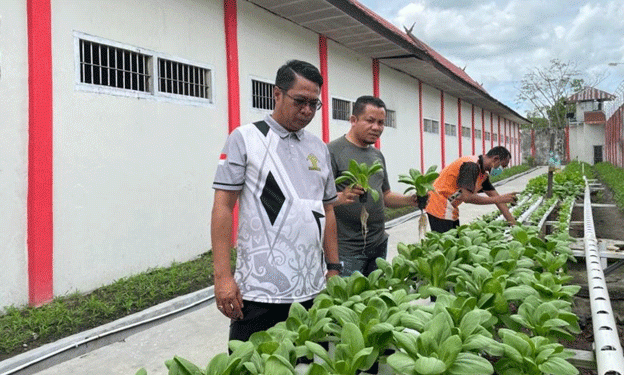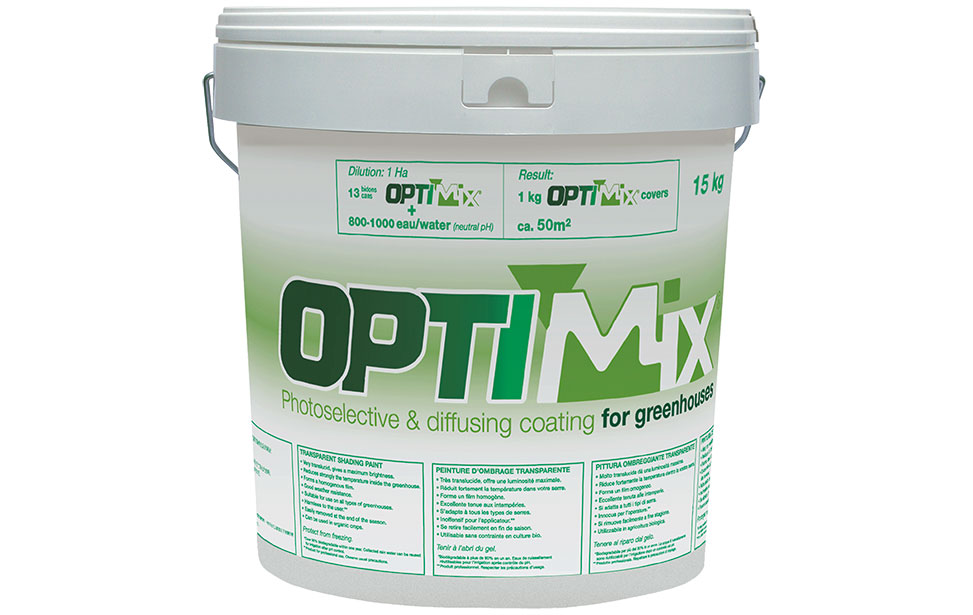Sampit Prison in Central Kalimantan has embarked on an innovative hydroponic farming program, transforming how inmates spend their time and preparing them for a productive future. Under the guidance of the Central Kalimantan Regional Office of the Ministry of Law and Human Rights, this initiative recently saw inmates harvest pak choi, a leafy green known for its high nutrient content and demand in local markets.
Hydroponics is ideal for closed environments like prisons, requiring minimal soil and water while producing faster growth rates and higher yields than traditional farming. This makes it possible to cultivate nutritious crops in limited spaces, such as the hydroponic racks set up in Sampit Prison. With increasing demand for sustainable agriculture, this program provides inmates with skills that are not only practical but also aligned with current trends in modern farming.
Empowering Inmates through Agriculture
According to Meldy Putera, the head of Sampit Prison, this hydroponic program is part of a broader goal to equip inmates with marketable skills, helping them reintegrate into society with greater confidence and purpose. “We want inmates to leave not only with a sense of discipline and responsibility but also with skills that could open doors for them outside,” he stated. By offering programs like hydroponic farming, Sampit Prison emphasizes rehabilitation, enabling inmates to spend their sentences developing useful skills and self-reliance.
This recent harvest underscores the success of the initiative. Inmates took pride in harvesting the pak choi they nurtured, taking ownership of each step in the process. The satisfaction of seeing a crop come to fruition fosters a sense of accomplishment and builds inmates’ confidence—qualities that are vital for a positive reentry into society.
Growing for a Sustainable Future
The hydroponic system used at Sampit Prison is not only beneficial for inmates but also serves a practical purpose. With production of pak choi on the rise, the prison plans to use the harvest to meet its own kitchen needs, and potentially to supply local markets if production continues to expand. Hydroponics also minimizes environmental impact by reducing water usage and soil degradation, making it a forward-thinking choice for agricultural training.
In Indonesia, where food security and sustainable practices are gaining traction, hydroponics is growing in popularity. Data from the Indonesian Ministry of Agriculture shows an increasing interest in hydroponic techniques, with urban and rural communities alike adopting these methods for higher yields and space-efficient growth. By implementing such training, Sampit Prison aligns itself with nationwide trends, positioning inmates to participate in a burgeoning sector after their release.
Sampit Prison’s hydroponic farming initiative demonstrates the potential of modern agriculture as a tool for rehabilitation and skill-building. By growing pak choi and other crops using efficient, sustainable methods, inmates gain practical experience they can use in future careers or entrepreneurial pursuits. Programs like these illustrate how prisons can go beyond confinement, helping inmates develop the skills and confidence to lead productive, fulfilling lives post-incarceration.












